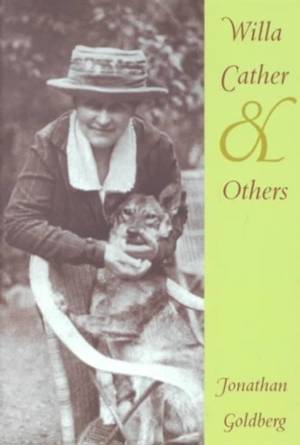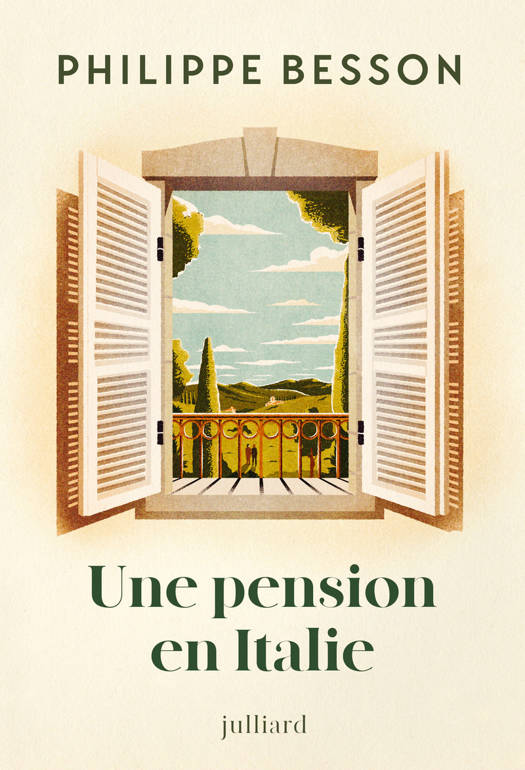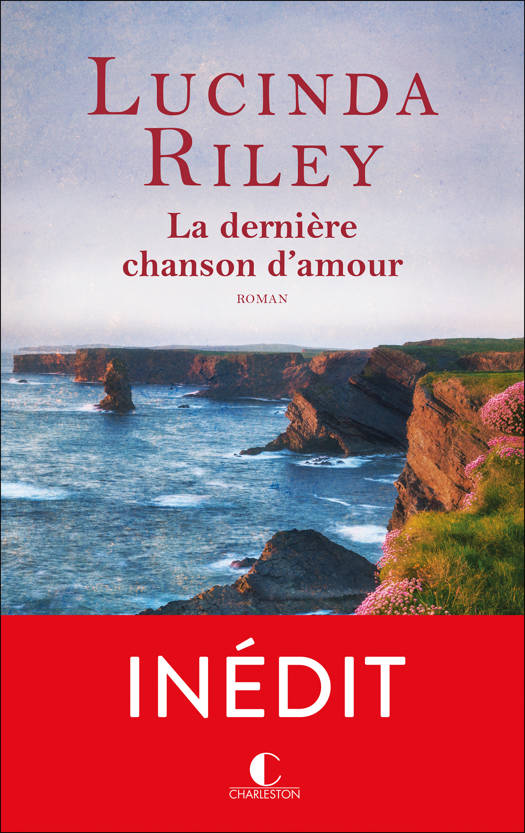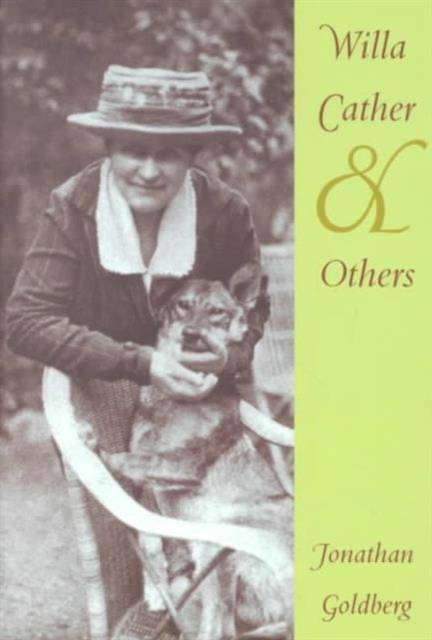
- Retrait en 2 heures
- Assortiment impressionnant
- Paiement sécurisé
- Toujours un magasin près de chez vous
- Retrait gratuit dans votre magasin Club
- 7.000.0000 titres dans notre catalogue
- Payer en toute sécurité
- Toujours un magasin près de chez vous
Description
After many years as one of the premier scholars of English Renaissance literature, Jonathan Goldberg turns his attention to the work of American novelist Willa Cather. With a focus on Cather's artistic principle of "the thing not named," Willa Cather and Others illuminates the contradictions and complexities inherent in notions of identity and shows how her fiction transforms the very categories-regarding gender, sexuality, race, and class-around which most recent Cather scholarship has focused.
The "others" referred to in the title are women, for the most part Cather's contemporaries, whose artistic projects allow for points of comparison with Cather. They include the Wagnerian diva Olive Fremstad, renowned for her category-defying voice; Blair Niles, an ethnographer and novelist of jazz-age Harlem and the prisons of New Guinea; Laura Gilpin, photographer of the American Southwest; and Pat Barker, whose Regeneration trilogy places World War I writers-and questions of sexuality and gender-at its center. In the process of studying these women and their work, Goldberg forms innovative new insights into a wide range of Cather's celebrated works, from O Pioneers! and My Ántonia to her later books The Song of the Lark, One of Ours, The Professor's House, Death Comes for the Archbishop, and Sapphira and the Slave Girl.
By applying his unique talent to the study of Cather's literary genius, Jonathan Goldberg makes a significant and new contribution to the study of American literature and queer studies.
The "others" referred to in the title are women, for the most part Cather's contemporaries, whose artistic projects allow for points of comparison with Cather. They include the Wagnerian diva Olive Fremstad, renowned for her category-defying voice; Blair Niles, an ethnographer and novelist of jazz-age Harlem and the prisons of New Guinea; Laura Gilpin, photographer of the American Southwest; and Pat Barker, whose Regeneration trilogy places World War I writers-and questions of sexuality and gender-at its center. In the process of studying these women and their work, Goldberg forms innovative new insights into a wide range of Cather's celebrated works, from O Pioneers! and My Ántonia to her later books The Song of the Lark, One of Ours, The Professor's House, Death Comes for the Archbishop, and Sapphira and the Slave Girl.
By applying his unique talent to the study of Cather's literary genius, Jonathan Goldberg makes a significant and new contribution to the study of American literature and queer studies.
Spécifications
Parties prenantes
- Auteur(s) :
- Editeur:
Contenu
- Nombre de pages :
- 248
- Langue:
- Anglais
- Collection :
Caractéristiques
- EAN:
- 9780822326724
- Date de parution :
- 13-02-01
- Format:
- Livre broché
- Format numérique:
- Trade paperback (VS)
- Dimensions :
- 163 mm x 234 mm
- Poids :
- 498 g

Seulement chez Librairie Club
+ 97 points sur votre carte client de Librairie Club
Les avis
Nous publions uniquement les avis qui respectent les conditions requises. Consultez nos conditions pour les avis.







